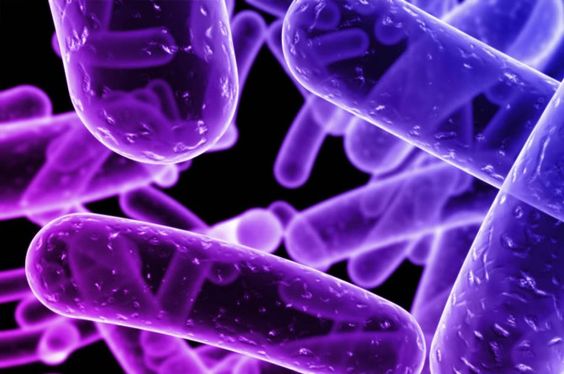Introduction:
Listeriosis is a serious infection caused by the bacterium Listeria monocytogenes. It primarily affects pregnant women, newborns, older adults, and individuals with weakened immune systems. While listeriosis is relatively rare, it can be life-threatening, especially for those in high-risk groups. Understanding the causes, symptoms, treatment, and prevention of listeriosis is crucial for protecting yourself and your loved ones.

This bacterium is widely found in soil, water, and animals. Humans can contract listeriosis by consuming contaminated food, such as unpasteurized dairy products, deli meats, and ready-to-eat meats.
Symptoms of Listeriosis:
Listeriosis symptoms can vary widely depending on the individual and the form of the infection. Some people may experience mild flu-like symptoms, while others may develop more severe complications. Common symptoms include:
- Fever
- Muscle aches
- Headache
- Nausea
- Vomiting
- Diarrhea
- Confusion
- Stiff neck
Treatment and Prevention:
Listeriosis is treated with antibiotics, and early diagnosis and treatment are crucial for preventing serious complications.
Preventing listeriosis involves practicing safe food handling and consumption habits. This includes:
- Washing hands thoroughly before and after handling food.
- Cooking food thoroughly to recommended temperatures.
- Avoiding unpasteurized dairy products.
- Thoroughly washing raw fruits and vegetables before consumption.
- Keeping refrigerators clean and at a temperature of 40°F or below.
By understanding the risks and taking appropriate preventive measures, individuals can significantly reduce their chances of contracting listeriosis.





